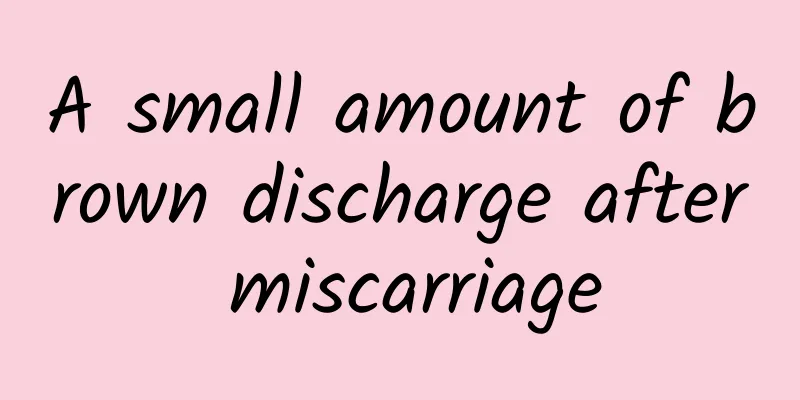Brown sugar is absorbed quickly, so diabetics should limit their intake

|
Many people regard brown sugar as a health product, but nutritionists remind us that although brown sugar has many benefits to the human body, it is still a monosaccharide food with a fast absorption rate. People should not consume too much brown sugar every day, especially diabetics and those who are losing weight. They should reduce their intake to avoid rising blood sugar and converting sugar into fat. Brown sugar is a monosaccharide food, which is easily absorbed by the human body and converted into blood sugar and calories. Diabetic patients and people who are losing weight should not consume it in excess. The picture shows red dates, black fungus and lotus seeds soup cooked with brown sugar. (Photography by Luo Huiwen) The black-looking brown sugar is also called "brown sugar" or "brown granulated sugar". The raw materials are the same as ordinary white granulated sugar and rock sugar, which are sucrose. However, brown sugar is made by boiling sugarcane juice directly without any chemical process or purification. It not only retains the original natural flavor of sugarcane, but is also rich in vitamins and minerals. Its sweet taste also has a charcoal-burnt aroma, which is different from the generally purified white sugar and rock sugar. Yang Qinglian, a nutritionist at Guangtian General Hospital, said that brown sugar is rich in calcium, magnesium and iron. These three minerals happen to be the nutrients that are generally lacking in Chinese people. It is also rich in vitamins such as B1 and B2. Moderate intake is beneficial to health. Taking women's menstrual pain as an example, the nutrients contained in brown sugar can promote blood circulation and remove blood stasis, accelerate the discharge of menstrual blood from the body, and help relax uterine muscles and relieve menstrual pain. In addition, the calcium contained in brown sugar is an important nutrient that promotes bone development. Moderate supplementation is beneficial to adolescent teenagers, the elderly or women. However, unlike disaccharide foods such as sucrose, lactose, and maltose, and white sugar, glucose, fructose, and galactose, which are all monosaccharide foods, brown sugar does not require hydrolysis or digestion by intestinal enzymes. The body will quickly absorb the sugar and convert it into calories. Once it is consumed in excess and lacks exercise and metabolism, it is easy to form fat, cause obesity, and cause cardiovascular disease. Taking women as an example, the daily sugar intake should not exceed 40 grams, which is equivalent to 2.5 teaspoons (one teaspoon is about 15 grams). In addition to those who are trying to lose weight not consuming too much, nutritionist Yang Qinglian also reminds that since brown sugar is absorbed quickly and can easily increase blood sugar, it is not suitable for diabetic patients if their blood sugar control is unstable. If blood sugar control is good, they can consume it in moderation with the doctor's consent, but the portion size is still limited to 15 grams per teaspoon. |
<<: Brown sugar sweet and fragrant special dessert to make at home
>>: "Food" at great value! Brown sugar is also used in skin care products
Recommend
Does ovarian cyst cause back pain?
Ovarian cyst is a common gynecological disease. O...
How to treat cervical erosion, 5 methods of clinical treatment of cervical erosion
When we suffer from a disease, we need to take tr...
Does pelvic inflammatory disease cause diarrhea?
Pelvic inflammatory disease is an inflammation of...
What causes pelvic inflammatory disease?
Pelvic inflammatory disease is a gynecological di...
Can you still get pregnant with multiple uterine fibroids? How to treat uterine fibroids
In recent years, more and more women have suffere...
Common clinical symptoms of cervical erosion
As work becomes increasingly busy, many female fr...
Get rid of flabby belly fat! 6 Must-know Questions and Answers
Q1/Even if I only eat a small amount of food, my ...
What is the cause of vulvar itching or increased leucorrhea? Vulvar itching may be caused by cervical erosion
Vulvar itching or increased vaginal discharge may...
Introduction: Common methods of preventing cervicitis in daily life
Cervicitis is a gynecological disease that seriou...
Wuji Baifeng Pills are not a good gynecological medicine. People with abnormal leucorrhea should use them with caution.
Wuji Baifeng Pills are not a good gynecological m...
Does bacterial vaginosis affect pregnancy?
Bacterial vaginitis is a relatively common diseas...
Can pregnancy improve adenomyosis?
When adenomyosis occurs, dysmenorrhea is a common...
What are the symptoms of menopause in women?
Menopause is something that every woman must go t...
Strengthening inspections of pesticide residues in fruits and vegetables has won support from industry players
According to data, the rate of unqualified pestic...
What medicine should be used for vaginal discharge that looks like tofu dregs? Determine the disease based on symptoms
Regarding the problem of leucorrhea that looks li...









